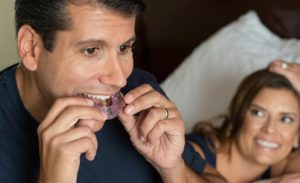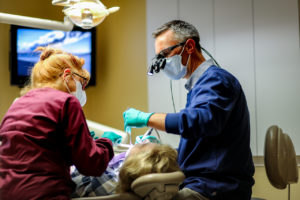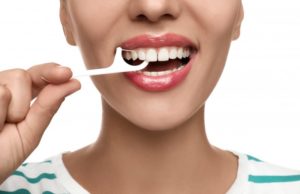
Last week I introduced Part 1 of “Breathing is Important”. For this week’s column to make the most sense, I would encourage you to read that column first. It can be found at www.thetowncommon.com.
In case you don’t have a chance to read it, here is a brief recap: I have been involved in treating patients with sleep apnea for a few years. These are patients who have been diagnosed with sleep apnea or Upper Airway Resistance Syndrome (UARS) by a sleep doctor. Some patients are referred who have mild-moderate sleep apnea as first-line treatment, and others are unable or unwilling to use a Continuous Positive Airway Pressure (CPAP) machine.
There is clear evidence… (Read More)









